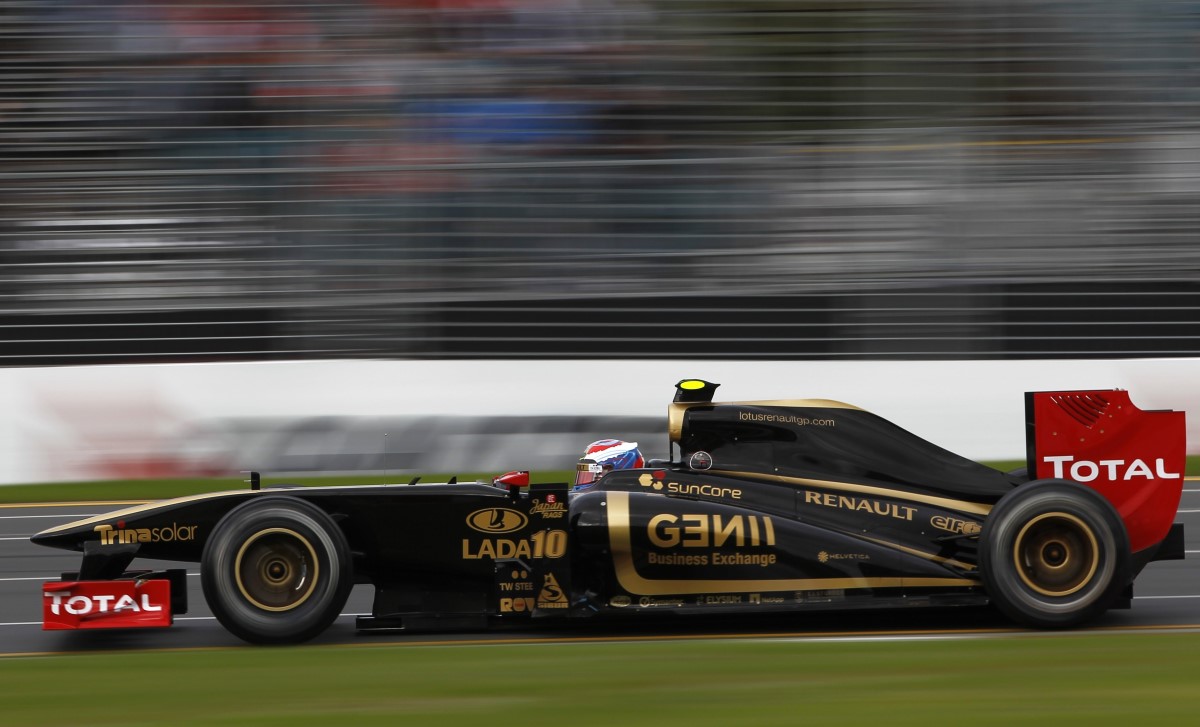Why the FIA is probably going to ban blown floors in F1
 |
| Renault uses exhaust gas to increase underbody downforce |
Just before the Chinese Grand Prix engine supplier Renault Sport F1 made something of a surprising announcement; to get the best out of front exiting exhausts and other blown floor concepts the cars use as much as 10% more fuel. To power a blown floor effectively and generate additional downforce, an engine must produce significant amounts of exhaust gas. Simply put, the more fuel burned, the more exhaust is produced and potentially more downforce.
It is startling that the French engine manufacturers would highlight this as it did in a press release as it is pretty much an open invite for the FIA to ban these exhaust layouts.
There are three main reasons for why they will like outlaw the concept, firstly the blown floors are very expensive to develop, requiring complex wind tunnel and CFD work, a lot of prototyping, and very trick composites. It not an easy task look how much McLaren struggles with its solution. F-Ducts were banned for less.
The blown floors and complex exhaust layouts increase downforce and as a result apex speeds increase, so to keep the speed of the cars under control it is an easy thing to outlaw.
The most important reason is the general trend towards making motorsport green. It seems hard to justify burning 10% more fuel per session just to go around a corner slightly faster. It equates very roughly to around 15 liters of fuel per car per race, which does not sound too much but if all cars on the grid had blown floors and all used the same amount of fuel that’s around 360 liters of fuel a race and over 7,000 liters of fuel a season, and that is almost impossible to justify. Imagine the green lobby seizing on it, just at the time when the entire motorsport industry is trying to talk up its green credentials. It simply cannot continue now that the consumption is out in the open. It would be very easy for the FIA to regulate exhaust outlets, by stating two symmetrical outlets exiting within 500mm of the rear of the engine or similar.
Its is a real shame as some genuine innovation is on display at the moment but for 2012 it seems that these blown floors will be outlawed, and perhaps that was what Renault Sport F1 wanted. At the Valencia preseason F1 test a senior Renault Engine man told Racecar Engineering that it was difficult to cater to all the different layouts employed by its teams, and whilst he did not say it the implication was clearly that the increased costs the engine supplier faced were hard to stomach, but it could be a case of reading something out of nothing. Race Car Engineering
